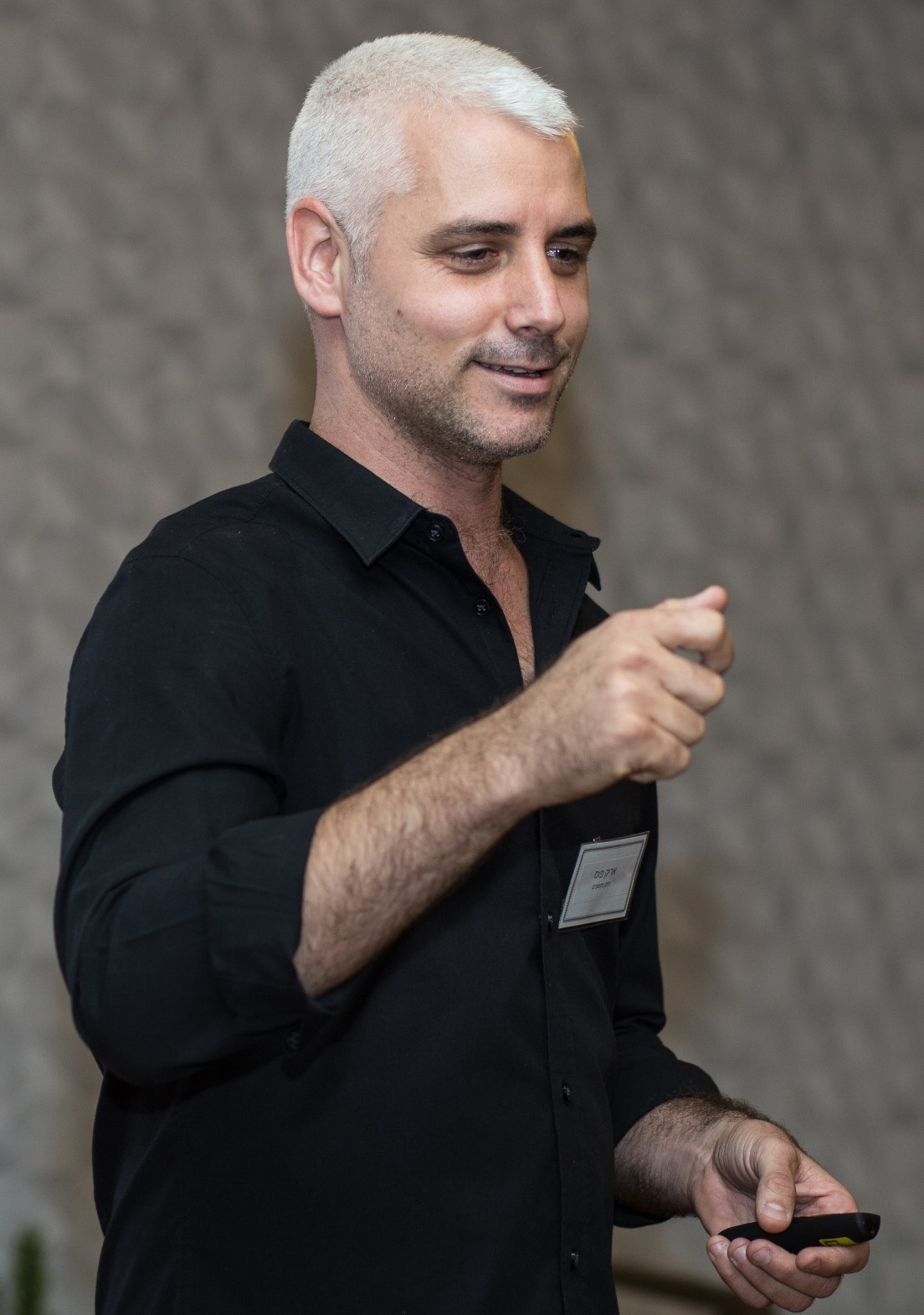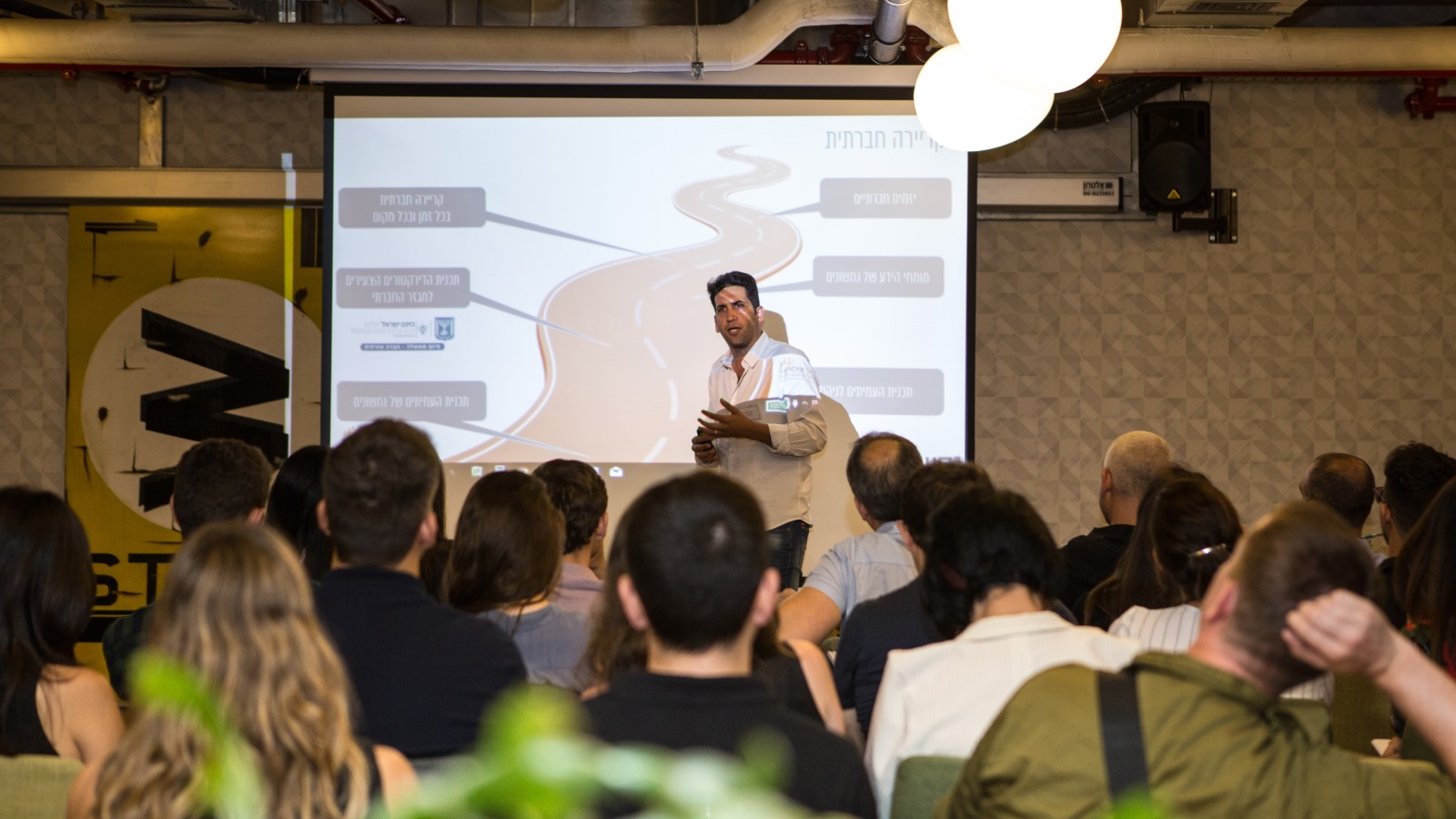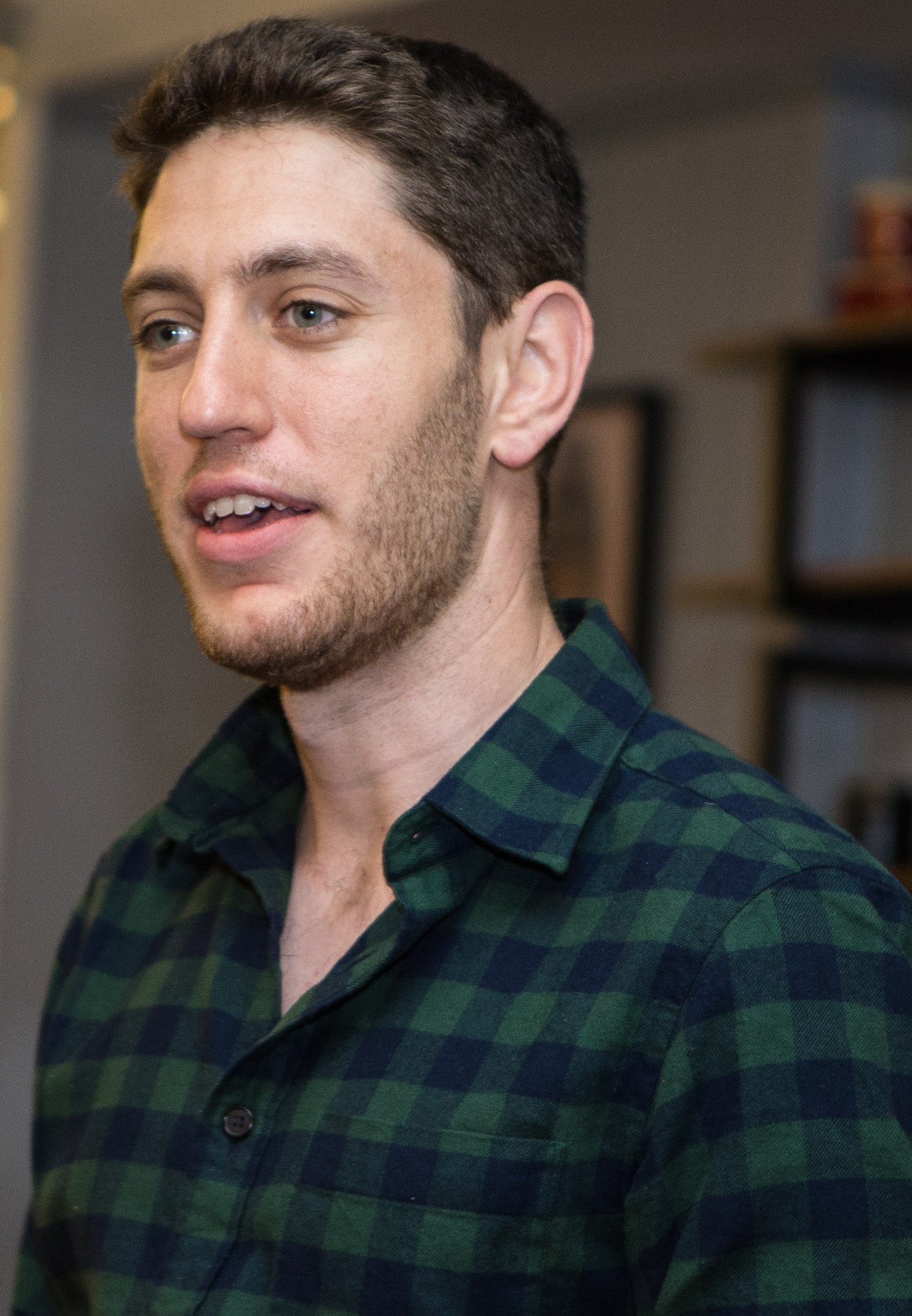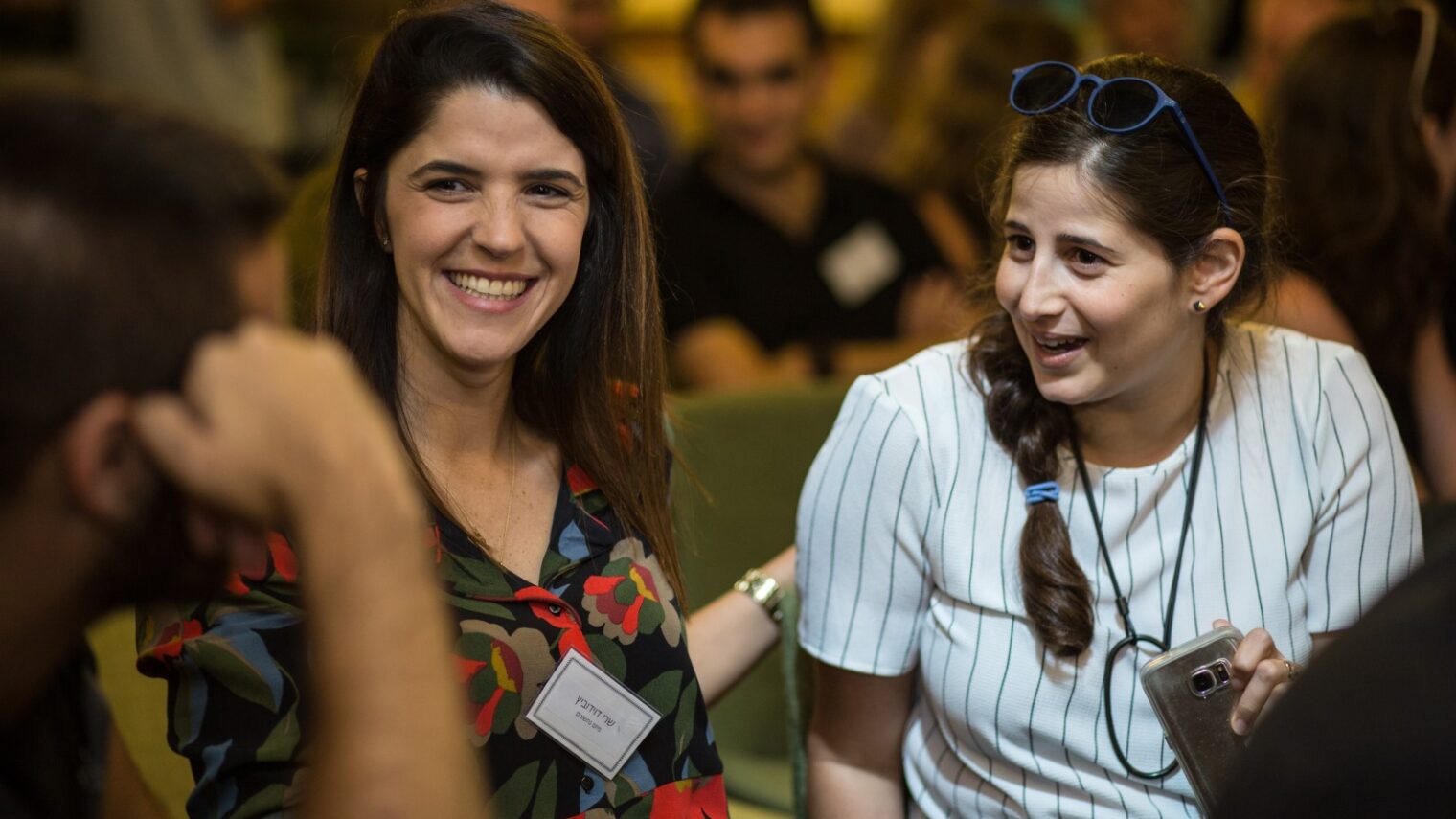What happens if you pair top talent from companies like Google, McKinsey and Microsoft with small business owners and nonprofit organizations trying to succeed in periphery regions of Israel?
Less than two years after launching, that question is already being answered by Nahshonim, a unique organization endeavoring to channel Israeli ingenuity to solve social problems.
Thus far, Nahshonim Fellows have invested more than 20,000 hours in 80 small businesses, resulting in a combined $10 million growth in beneficiaries’ revenue.

Nahshonim cofounder and CEO Sagi Shahar shares this success story: Four Nahshonim Fellows from corporate Israel teamed with Amany, a young Arab-Israeli woman in Lod, to realize her dream of scaling up her home nail salon into a thriving beauty business in town. A year later, she had doubled her income and hired two employees.
Shahar and cofounder Arik Fuss met 10 years ago as MBA students at Ben-Gurion University. They helped write a business plan for the OR Movement, a grassroots effort to build up the Negev and Galilee.

After graduating and getting jobs, they both felt something was missing. Recalling how good they felt about their work with OR, they began offering their professional expertise to projects in need of ingenuity. Friends joined in and eventually the sideline grew too big to handle without a formal structure.
Four years ago, they established a platform named for the biblical character Nahshon, who waded into the Red Sea even before the waters parted for the Israelite slaves escaping Egypt. “Nahshonim” is the plural of Nahshon, implying a whole squad of brave leaders.
Shahar and Fuss have gotten inquiries about Nahshonim from other countries, and Shahar did a TEDx Talk in Jaffa last September.
Dream team
Distinct from business accelerators and government-run job training and placement programs for peripheral populations, Nahshonim is not about advising and mentoring. Rather, four or five fellows become the business development team for one small business and one NGO over the course of a year, committing five weekly hours over three months per project.
“We’re building the Startup Nation dream team for Israeli society,” says Shahar.

The partners initially hoped to attract 50 fellows, but received more than 400 applications less than a week after launching. They continue to have many more applicants than they can place.
Shahar tells ISRAEL21c that the fellows get as much out of the voluntary program as they give.
“In this one year, they get world-class leadership and problem-solving training, they get to tackle complex problems from an executive point of view, and they get to work side by side with the best talent in the country,” he says.
“Our program is ultimately designed to inspire these young professionals, at the earliest stage on their career, to build a ‘social career’ alongside their business career. Many of them become board members of nonprofits at age 30 and many others build social initiatives to promote change in their communities,” continues Shahar.
He has done exactly that in his own life, now running a startup called FiveYearsFromNow with Fuss.
Social impact

Nahshonim fellow Gal Zilberstein, a product manager at Microsoft, tells ISRAEL21c that over his 10 years in tech he has sought opportunities to make a real social impact beyond one-day corporate volunteering programs. He recently found that in Nahshonim.
“Nahshonim really does make an impact and I feel I can influence people. And it helps me develop skills in other areas outside my professional career,” he says.
“I’m working with Amit La’Derech, a nonprofit that helps soldiers from disadvantaged backgrounds when they are discharged from the army and no longer have a support system. My team helps them with their growth strategy and marketing, like how to generate income from services instead of relying only on donations. We want to see them get to a measurable result fast.”
Nahshonim itself receives most of its operating budget from philanthropy and is partnered with JDC Israel, but expects that the Israeli business sector gradually will become its main provider of funds. WeWork in Tel Aviv’s Sarona Market donates the office space for Nahshonim.
“It’s worthwhile for the companies to support our project,” says Shahar. “They are more likely to retain young talent when those employees feel enriched.”
For more information, click here.














